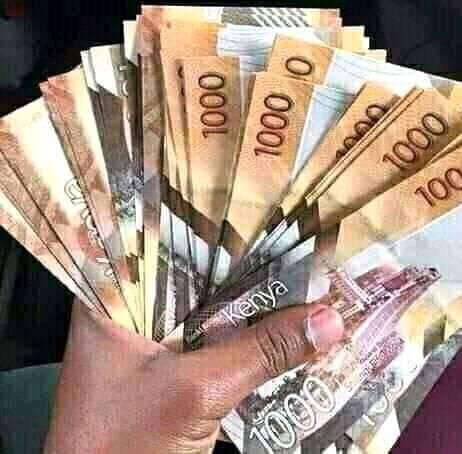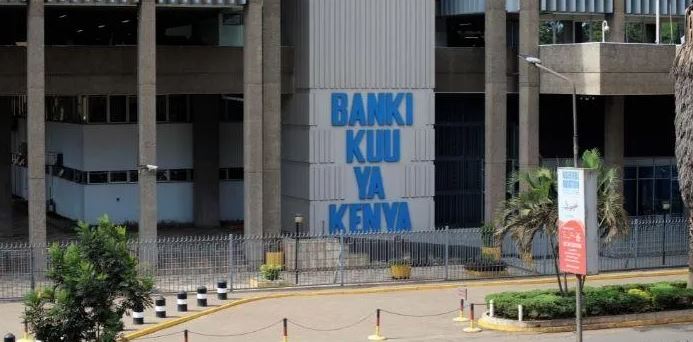Kenyans ought to brace themselves for tough times after the bank dollar rate jumped to Ksh130.
Most banks, by close of business on October 31, 2022, were buying the dollar between Ksh117 and Ksh119 and selling the same at Ksh130 and Ksh131.
The dollar is currently trading at Ksh121 at Central Bank with experts pessimistic about it gaining value in the coming days.
With the high exchange rates, several sectors of the economy are set to feel the pinch.

According to Augustine Kimau, an economic expert, the first short-term effect will be a spike in inflation.
"The dollar being sold at such a high price will definitely cause instant inflation, which will see the price of basic commodities rise," he said.
"If the shilling stabilizes, the inflation will be short-term but should it continue trading at Ksh130 then Kenyans should brace themselves for tough economic times,’ he added.
Foreign customers are expected to benefit from the high exchange rate. Gideon Kirui, a trade analyst, argued that the exchange rate would largely affect Kenyans especially farmers.
"Most Kenyan exports are agricultural products and this means farmers might be forced to incur loses when exporting farm produce," Kirui said.
The country’s top agricultural set to be affected include tea, coffee flowers and vegetables. Other non-agricultural products - apparel/clothing and minerals - may also hike owing to the high bank dollar rates.
While exports will be cheaper, imports were touted to rise, hurting Kenyan traders directly.
"Kenyan traders will now be importing goods at higher price because they are buying dollar at a higher price and this will negatively affect the business," Kirui stated.
According to the financial analyst, there are two ways Kenyan importers can survive. First, through increasing the price of their goods or downsizing their operations.
‘Traders will have to increase prices of imported goods so as to realize profits meaning that customers will have to dig more into their pockets,’ he opined.

